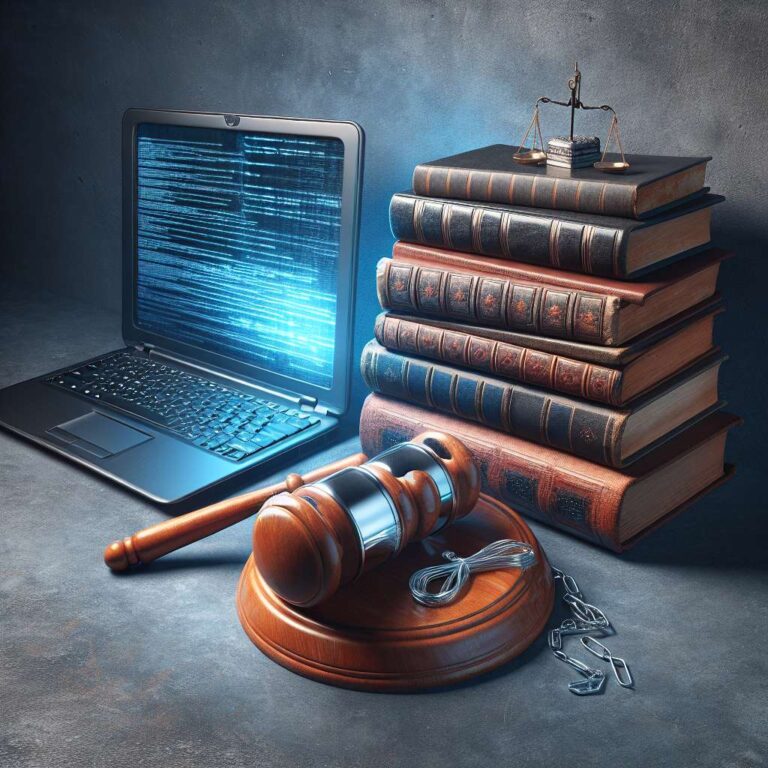A U.S. federal judge has ruled that training artificial intelligence models using copyrighted books can be considered ´fair use´ under U.S. copyright law. This nuanced decision is significant for the rapidly growing artificial intelligence sector, as it addresses the contentious issue of whether the ingestion of copyrighted material by machine learning systems violates the rights of original content creators. The judgment acknowledges the legal gray area surrounding large-scale data scraping for model training and offers some clarity for developers and companies leveraging copyrighted datasets.
However, the judge´s ruling is not a blanket endorsement for all uses of copyrighted works during artificial intelligence development. While the process of training a model itself may fall under fair use, the decision draws a sharp line when it comes to the outputs produced by these systems. If an artificial intelligence model generates text, images, or other content that closely replicates or copies portions of the original, copyrighted work, such outputs would not be protected under fair use. Consequently, companies deploying generative models must take care to avoid direct reproduction of copyrighted material in their system outputs or face potential infringement liability.
The decision could have far-reaching implications for ongoing lawsuits in the artificial intelligence field, where authors, artists, and other copyright holders are challenging the ways their works are used in model training. While the ruling provides some legal cover for model developers at the training stage, it underscores that fair use does not grant carte blanche to distribute or reproduce protected content. As artificial intelligence systems become more sophisticated, both courts and policymakers will continue to grapple with the balance between innovation, creator rights, and the evolving interpretation of copyright law in the age of machine learning.

